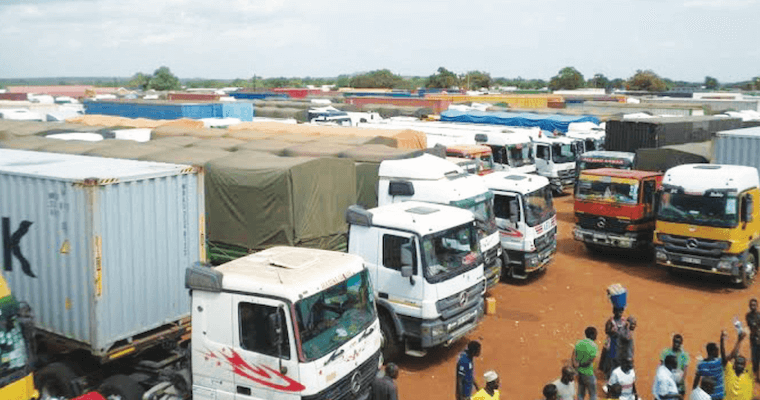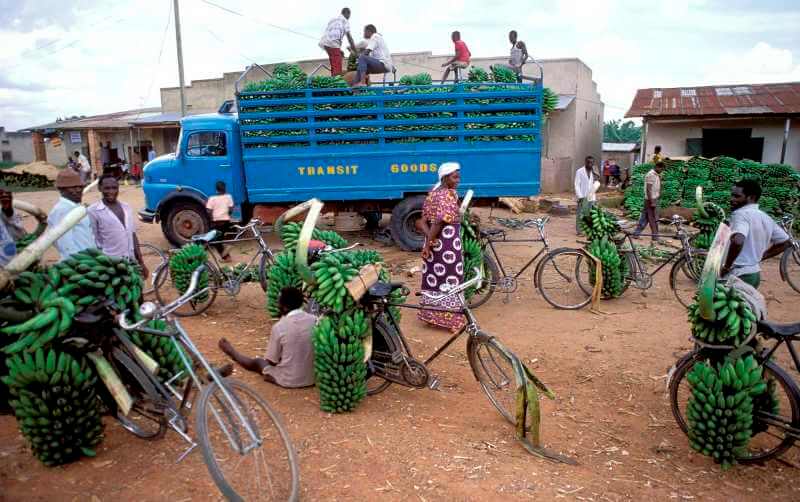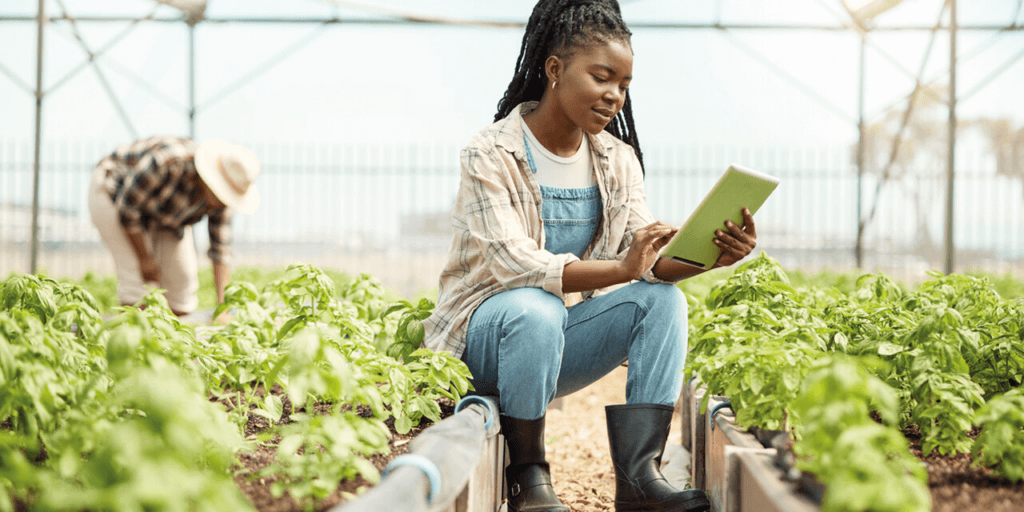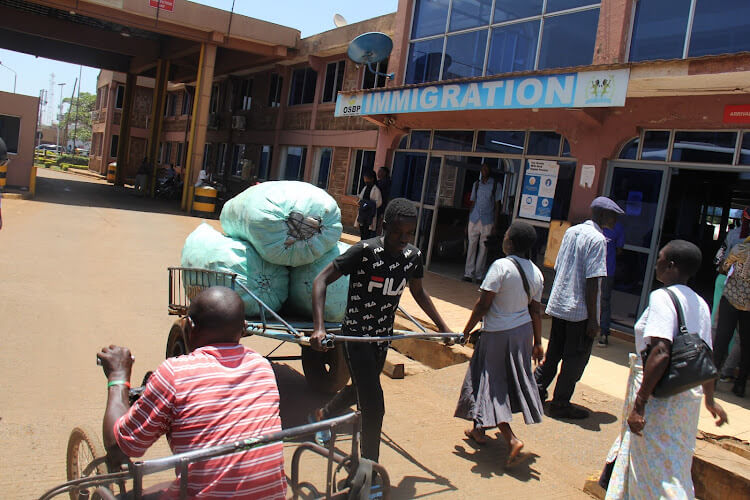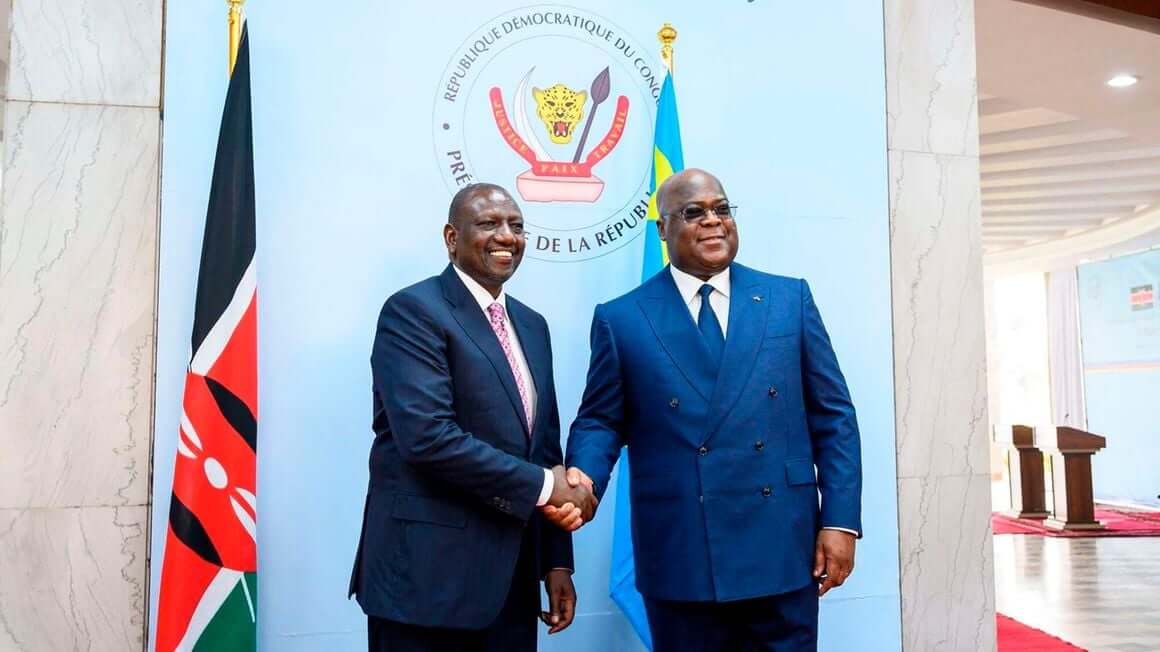As fashion giants are imposing varied standards and requirements for clothing manufacturers and exporters in the developing countries, including Bangladesh, it impedes making factories environment-friendly and sustainable in transition process. In this connection, trade experts argue that there should be some harmonisation of standards regarding the green factories producing ready-made garments (RMG) so that more manufactures feel encouraged to join the rally on eco-friendly path of doing business. They made the observations in a working session of the WTO Public Forum 2023 on Thursday in Geneva. Panellists at the discussion, titled 'Green trade measures and their development implications: a focus on the textiles and clothing global value chain', also argued that urgent action is needed to address the emerging global climate emergency. They also noted that new sectoral initiatives driven by needs to achieve net-zero point on carbon emissions have increased, including in the textiles and clothing sector. As the sector has historically been typical in reducing poverty through trade, it has enabled many countries like Bangladesh to gain a foothold into industrialisation and global value chains, they said. Taking part in the session as a panellist, Dr Fahmida Khatun, executive director of the Dhaka-based Centre for Policy Dialogue (CPD), said the export-oriented textiles and readymade garment (RMG) sector is an important driving force of Bangladesh's economy as it is a source of employment generation and foreign-exchange earning. She mentioned that, in the fiscal year 2022-23, the sector earned US$ 48.36 billion which accounted for 87.06 per cent of the...
Standards harmonisation imperative for greener garment industry
Posted on: September 21, 2023
Posted on: September 21, 2023




